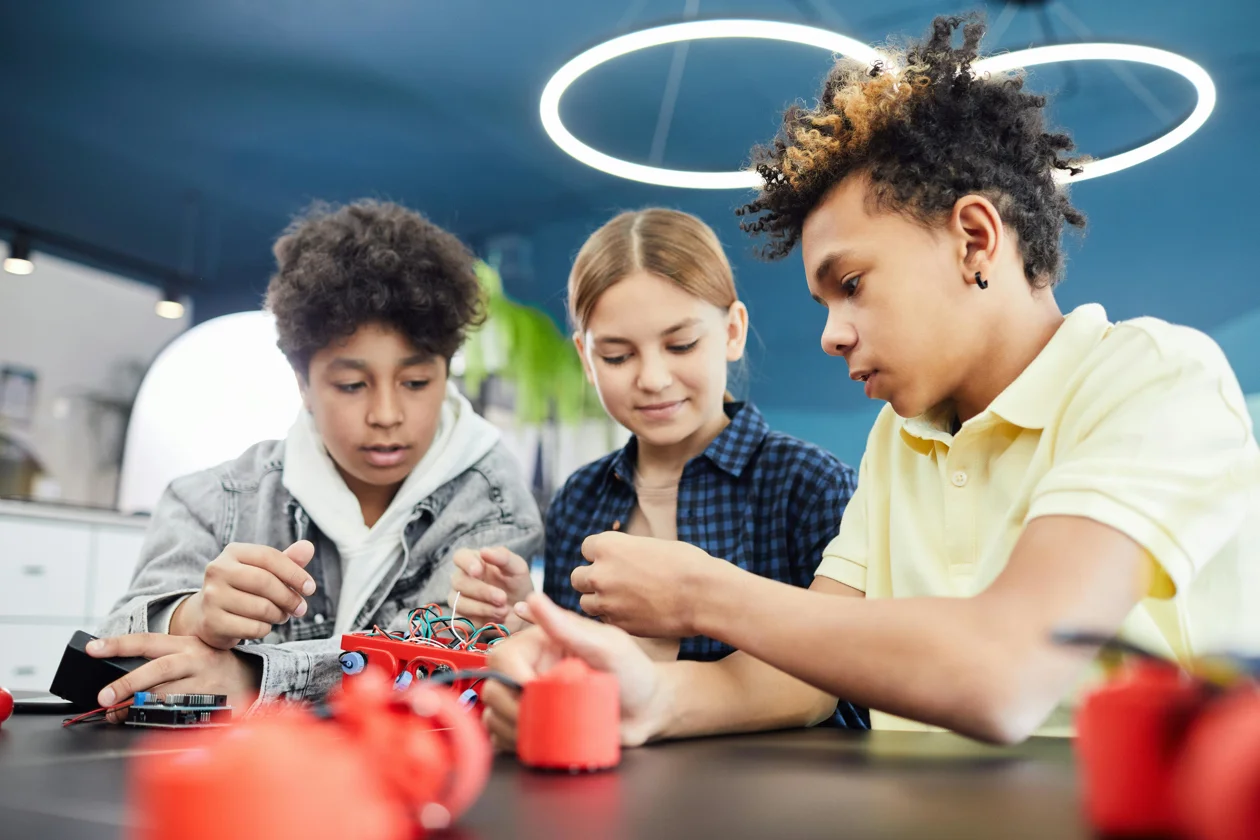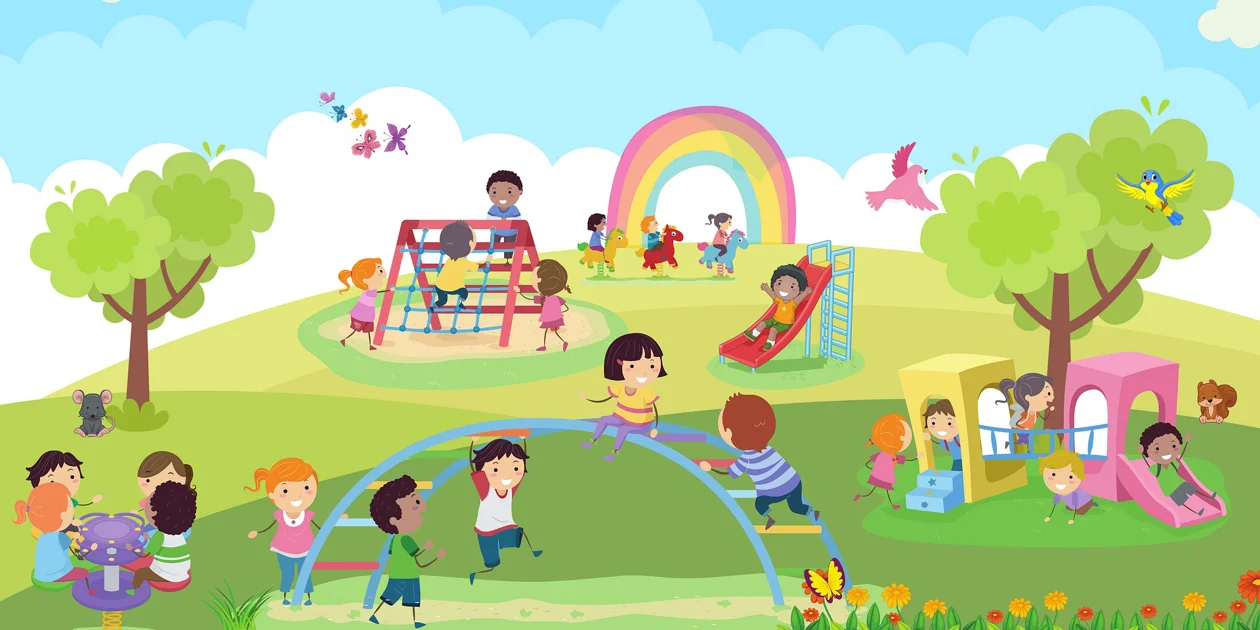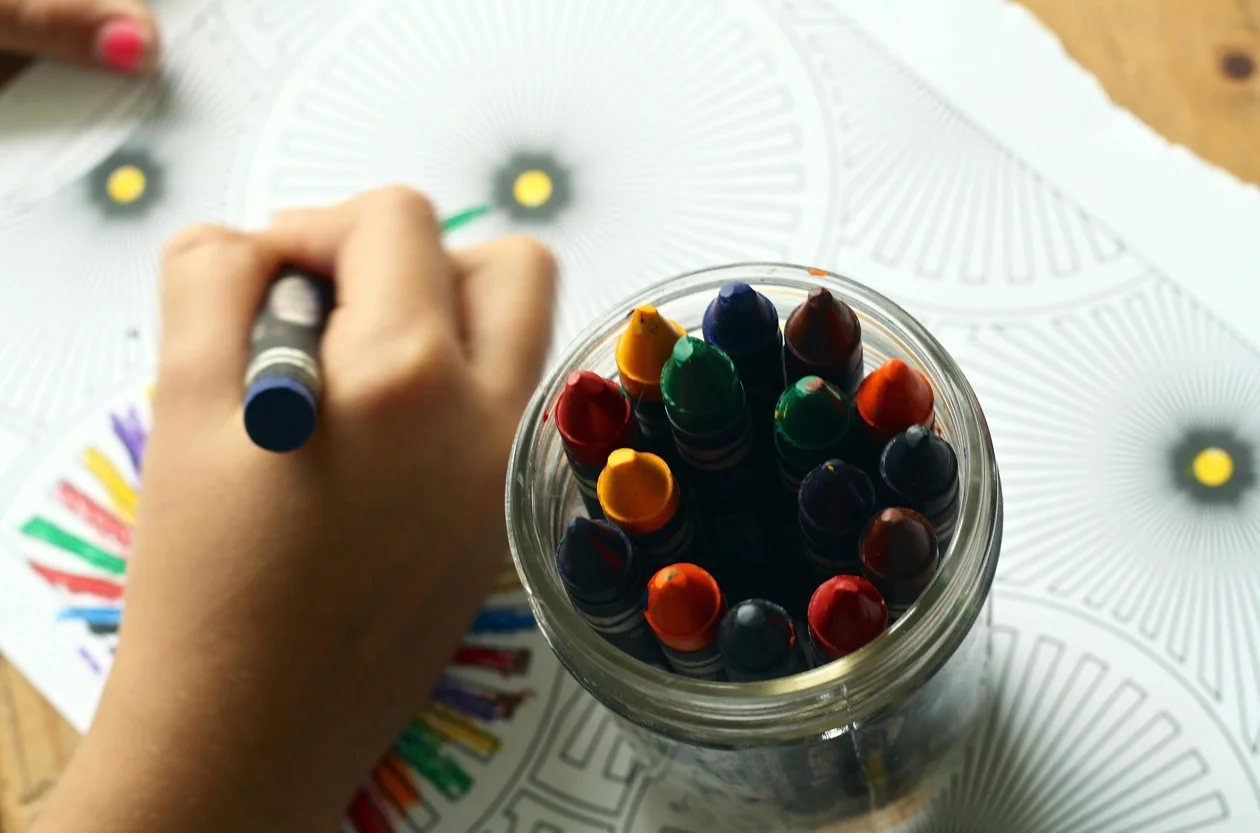Home School Programs
At Wolfheart Family Services, our mission is to provide a warm and welcoming environment where children can thrive, learn important life skills, form lasting connections, and nurture their emotional well-being. Our group therapy sessions are designed to help kids navigate the challenges of childhood in a fun and engaging environment, fostering self-confidence, emotional intelligence, and social awareness.
Our specialized group sessions combine play, creativity, and therapeutic techniques to help children develop a better understanding of their emotions and learn important life skills. Whether your child struggles with social anxiety, emotional regulation, or just needs help building positive relationships, we are here to provide guidance and assistance throughout their journey.


Benefits of our Programs
- Build Stronger Social Skills: Through interactive games and group activities, children learn how to effectively communicate, collaborate, and build positive relationships with their peers.
- Foster Emotional Understanding: Our sessions help children identify and manage their emotions in a healthy way, leading to improved emotional regulation and self-expression.
- Encourage Creative Problem Solving: Through creative tasks and play, we guide kids to develop problem-solving skills that enhance their resilience and adaptability.
- Promote Confidence and Self-Esteem: Group settings allow children to experience positive reinforcement from both peers and facilitators, boosting their self-esteem and sense of belonging.
- Fun, Engaging Activities: From fun yoga exercises to creative food science experiments, we ensure that each session is packed with engaging activities that make learning enjoyable and stress-free.
Providing a safe and supportive environment for children to engage in counseling.
Play Therapy provides a safe and supportive environment for children to engage in counseling. Children have a unique perspective on the world, which often differs from that of adults. Children, unlike adults, may find it challenging to express their thoughts and emotions completely. Play provides children with a chance to communicate and express their thoughts, feelings, and experiences in a welcoming and supportive environment. Basically, play is the way children communicate. Various toys, games, arts, and activities are utilized to assist children in developing effective communication skills. Children are given the opportunity to learn valuable skills in managing stress, problem-solving, and developing a positive mindset.
What makes play therapy a great choice?
1. Communication Skills for Kids
Play is a natural way for children to express themselves in a warm and welcoming manner. Children often struggle to express their thoughts and emotions verbally. Safe and Welcoming Environment: Play creates a space where children feel comfortable expressing their emotions and sharing their experiences, even if they find it challenging to discuss them openly.
2. Understanding and Dealing with Emotions
Safe Emotional Outlet: Play provides a secure and controlled space for children to express a wide range of emotions, including fear, anger, sadness, and joy. Processing Trauma: Play therapy is a helpful approach for children to process traumatic experiences. It allows them to re-enact and work through their feelings and memories in a safe and supportive environment.
3. Improves Communication Abilities
Developing Vocabulary: Play therapy is a helpful tool for children to learn how to express their feelings and talk about their experiences. Enhancing Interaction: By engaging in purposeful play, children can develop better communication skills with their peers.
4. Encourages the development of problem-solving and coping skills
Developing Strategies: Play therapy fosters a nurturing environment where children can explore their creativity and cultivate effective problem-solving skills. Discovering Coping Mechanisms: Children discover effective ways to handle stress, anxiety, and other emotional challenges through engaging in play.
5. Building Stronger Connections
Establishing Trust: Play serves as a crucial tool in strengthening the bond between the child and therapist, laying the groundwork for trust and facilitating effective therapy. Enhancing Social Skills: Play therapy offers the opportunity for children to engage in role-playing exercises with their therapist, fostering the development of stronger social skills and the ability to form healthier relationships.
6. Tackling Developmental Challenges
Developmental Support: Play therapy is a valuable tool for supporting developmental milestones and addressing any delays or challenges in emotional and social development.
Behavioral Changes: Play therapy has proven to be highly effective in promoting positive behavior changes and addressing disruptive behaviors.
7. Customized to Meet Your Specific Requirements
Personalized Approach: Play therapy is designed to meet the individual needs and preferences of each child, allowing for a flexible and effective therapeutic experience. Range of Techniques: Therapists utilize a diverse range of play materials and techniques, such as toys, games, art, and storytelling, to actively involve the child and tackle specific concerns.
What makes play therapy a great choice?
Play therapy can be incredibly helpful for children who are dealing with a variety of challenges, such as:
- Emotional Difficulties: Dealing with anxiety, depression, stress, adjusting to life changes, and managing emotional regulation.
- Behavioral Issues: Aggression, defiance, and hyperactivity.
- Trauma and Loss: Experiencing abuse, neglect, or the devastating loss of a loved one.
- Family Issues: Dealing with divorce, separation, or family conflict.
- Developmental Disorders: Autism spectrum disorder and other developmental delays.
- Social Challenges: Finding it hard to connect with others or engage in social interactions with peers.

